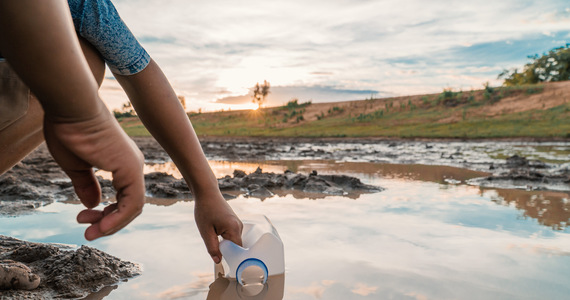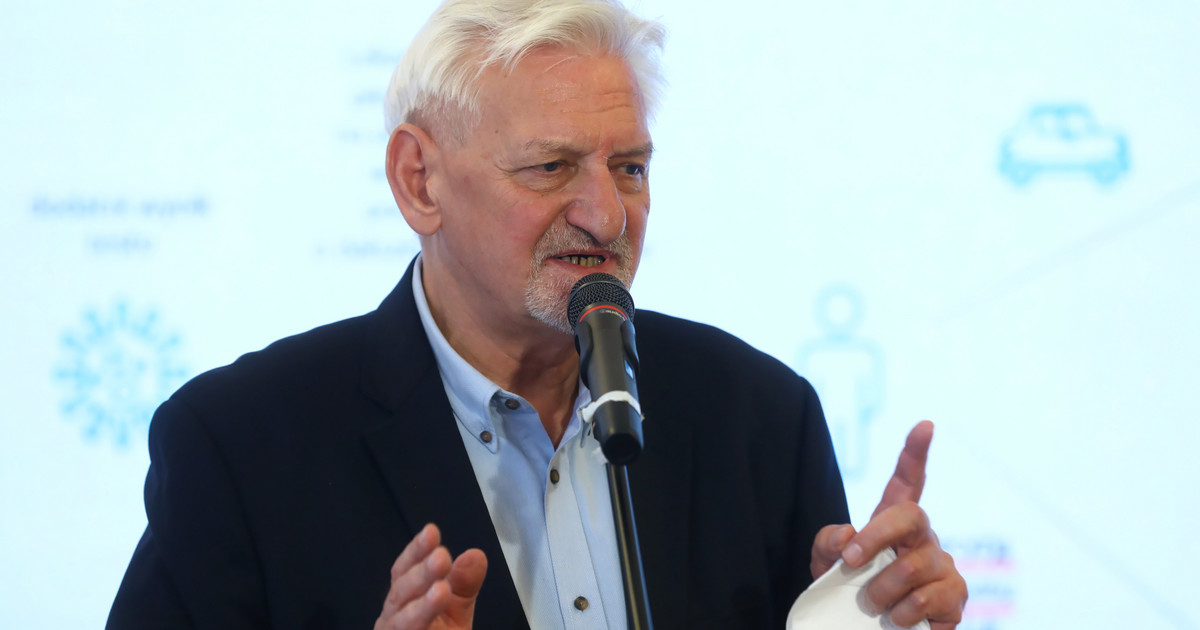Young people declare that they are disciplined in following the ban decisions and dictates related to the epidemic. Three out of four millennials and 69 percent claim “zetek” follow the guidelines in this regard. At the same time, young people want to return to normal as soon as possible. 44 percent of respondents intend to eat in restaurants more than they did before the pandemic, nearly half wanting to ramp up their social gatherings. In professional matters, they expect a mixed business model. A quarter of millennials and 22 percent of Generation Z say they want to perform their professional duties from the office more than during the period of restrictions, but less often than they did before the COVID-19 pandemic.
More than 40 percent of respondents cite flexibility as the most important advantage for an employer. At the same time, they stress the importance of mental health. Nearly 4 in 10 respondents do not believe their superiors have taken measures to support the mental state of employees, which has deteriorated significantly during the pandemic. The higher their stress levels, the less they feel supported by the company that hires them.
Fear of climate catastrophe
Young people want to be the engine of change and focus their energy on pro-social activities – increasing political, local and ideological commitment, as well as modifying the choice of career path for professed values or conscious consumption. Moreover, as we have already seen in previous years, these generations place high demands not only on themselves, but also on business and government.
Climate change and environmental protection have been in the interest of the younger generation for several years. Last year, it was number one among their fears and fears. Because of the pandemic, in this year’s survey, health and unemployment topped the list of millennials’ personal concerns (28% and 27%, respectively). However, the fear for the environment is huge and ranks third on this list (26% of responses). For Generation Z, climate protection remains a major issue.
The pandemic has clearly demonstrated how quickly businesses, organizations and consumers can change their habits and habits toward more sustainable solutions, if necessary. Young people are able to maintain these attitudes for the long term, and not just consider them a temporary necessity. And the more of them they will be the group most affected by the effects of climate change, also in the private sphere. 60% of them have already declared that they take into account or intend to take into account environmental issues when planning their offspring, which may have a significant impact on many sectors of the economy, not only now, but above all in the future – says Dr. Marta Karuaca, Senior Director, Sustainable Development and Economic Analysis Team.
Many representatives of generations Y (37%) and Z (40%) believe that after the epidemic, more and more people will take environmental measures. From recycling, using public transportation, to changing your shopping and eating habits. It is a demanding group of informed consumers who make decisions according to their values. More than a quarter claim that companies’ actions towards the environment (both positive and negative) have a significant impact on their purchasing decisions.
Generations Y and Z are somewhat pessimistic about business. Only less than half believe that the corporate world has a positive impact on society. About 60 percent. Of them are concerned that business leaders will face the challenges of the pandemic, so a commitment to protecting the environment will not be their priority. As much as 44 percent. Millennials and half of Generation Z are guided by their personal moral values when choosing an employer.
– 28 percent of all respondents said that they have established or deepened their relationships with companies whose products and services are environmentally friendly. Roughly the same number of young people admit that they have stopped using the services of a particular brand or are using it to a lesser extent if they consider its offer to be harmful to the planet. This is an important signal for companies, because obviously indifference or disregard for climate change issues can mean losing customers. On the other hand, organizations that implement sustainable solutions can gain a lot from it. – says Irina Picula, Partner, Team Leader for Sustainable Development and Economic Analysis.
The young generation is the engine of change
To fill the void left by the various institutions, the younger generation is taking matters into their own hands. Respondents say they educate others, share information content on social media platforms, vote for progressive politicians, and boycott companies and brands that do not share their views on climate issues. A quarter of millennials and a third of “ZETs” have participated in a demonstration or protest in the past two years, demonstrating their social and political commitment.
More than half of Generation Y and Z participate in charitable fundraising, and 35 percent, respectively. And 40 percent belonged to an activist community, volunteer or member of a nonprofit organization. This is indicative of a way of life and thinking in which participating in protests and posting content on social media to promote environmental protection, human rights, and political and social issues are part of the lives of these generations.
Generations Y and Z have remarkable strength and resolve that remains the same even in the face of a global pandemic. Young people believe in the power of the individual and his influence on global change. They actively participate in pro-social activities that are of paramount importance to them, all in line with their values. In return, they expect companies and governments to do more to help make their vision of a better future a reality. Marta Karuaca sums up a portrait of a very ideological and sincerely committed young man, who takes matters into their own hands.
The report displays the opinion of more than 22 thousand. Representatives of generations Y and Z, that is, people born between January 1983 and December 1994, and in the second half of the 1990s and after 2000, respectively. The survey was conducted among respondents from 45 countries in North and South America, Europe, Africa, Asia and Africa.
***
Check also:
Are we more at risk of drought or floods?
We have to get used to the deadly summer heat. Will they be the norm?

Echo Richards embodies a personality that is a delightful contradiction: a humble musicaholic who never brags about her expansive knowledge of both classic and contemporary tunes. Infuriatingly modest, one would never know from a mere conversation how deeply entrenched she is in the world of music. This passion seamlessly translates into her problem-solving skills, with Echo often drawing inspiration from melodies and rhythms. A voracious reader, she dives deep into literature, using stories to influence her own hardcore writing. Her spirited advocacy for alcohol isn’t about mere indulgence, but about celebrating life’s poignant moments.










